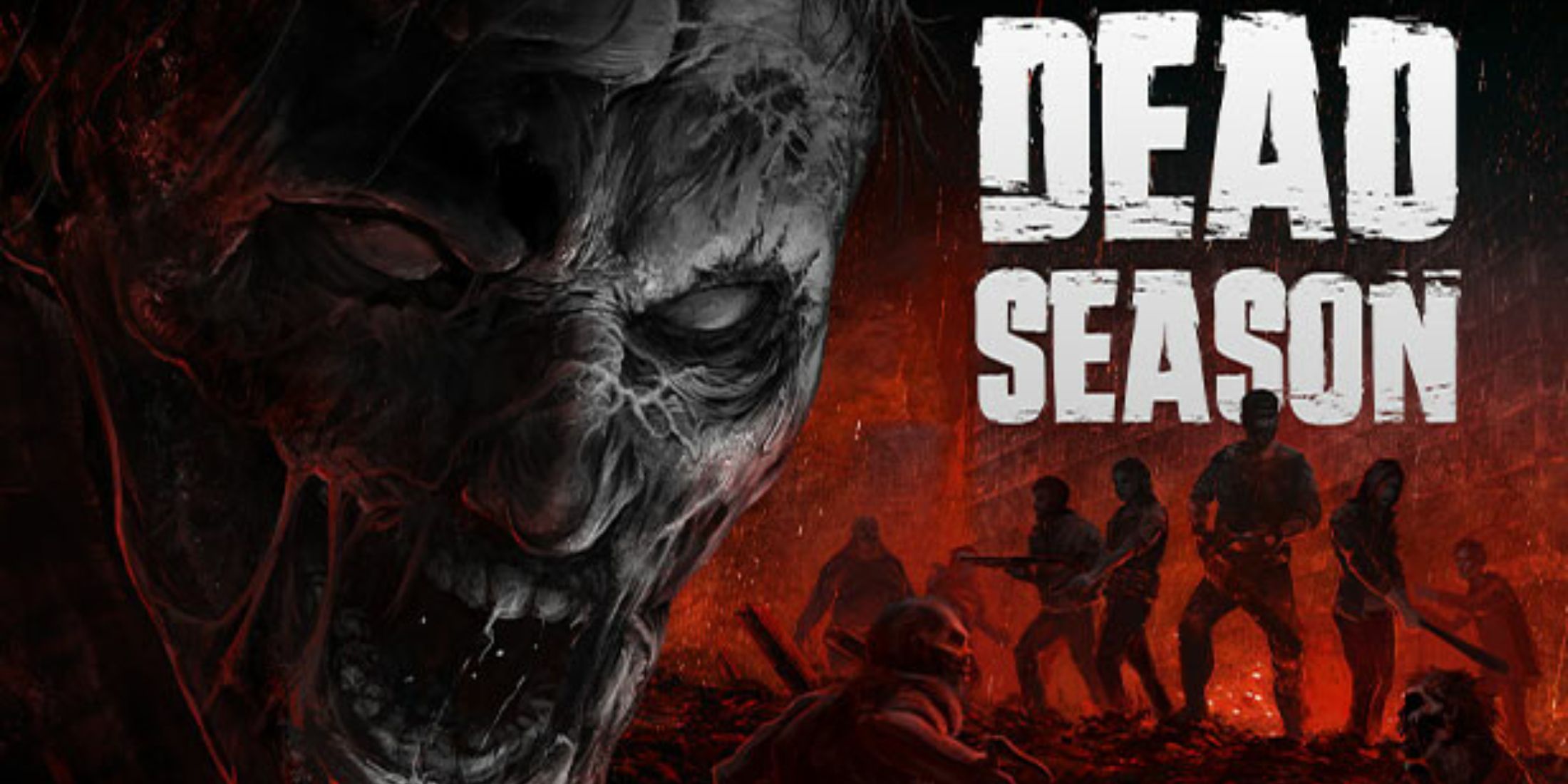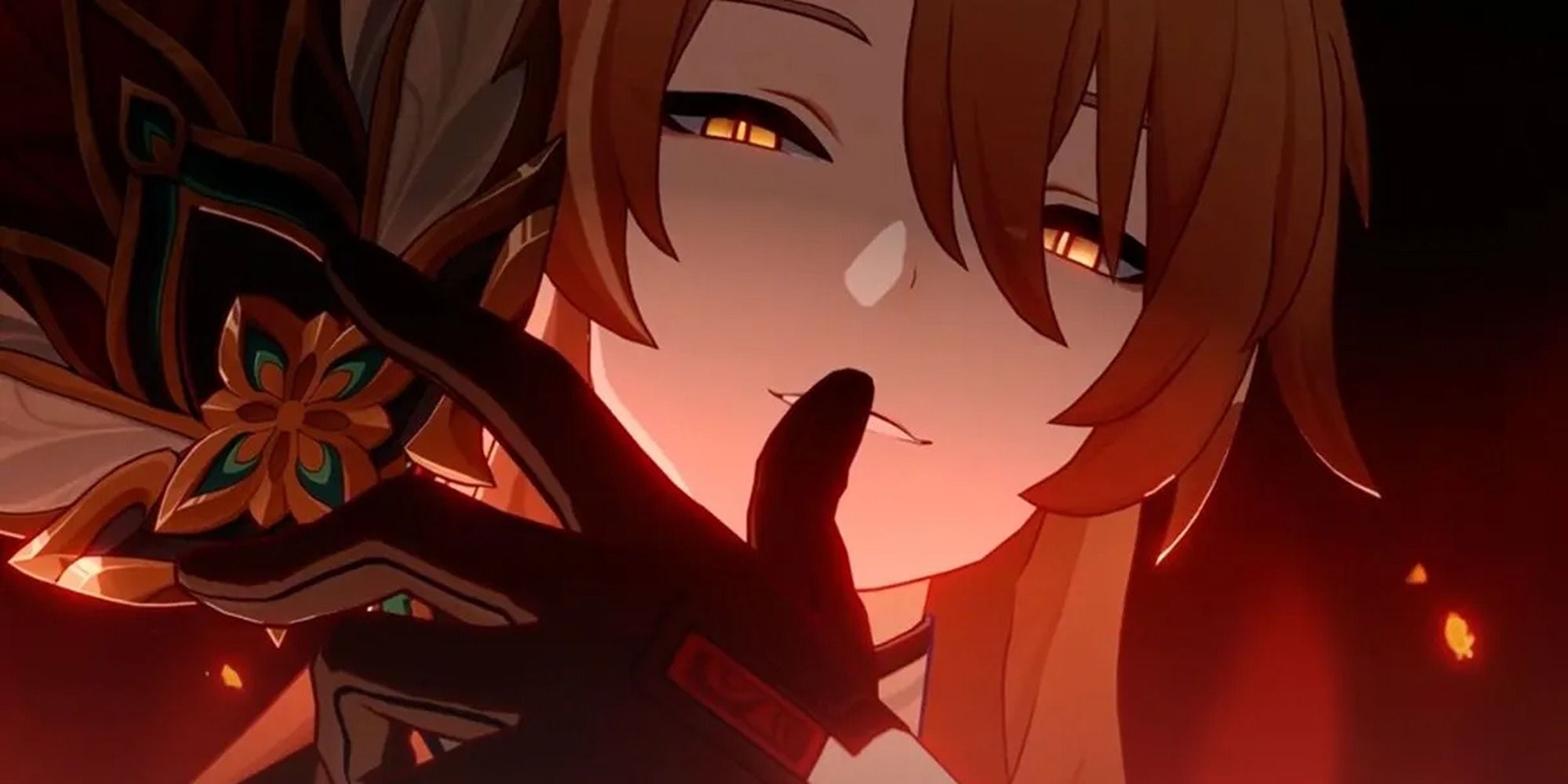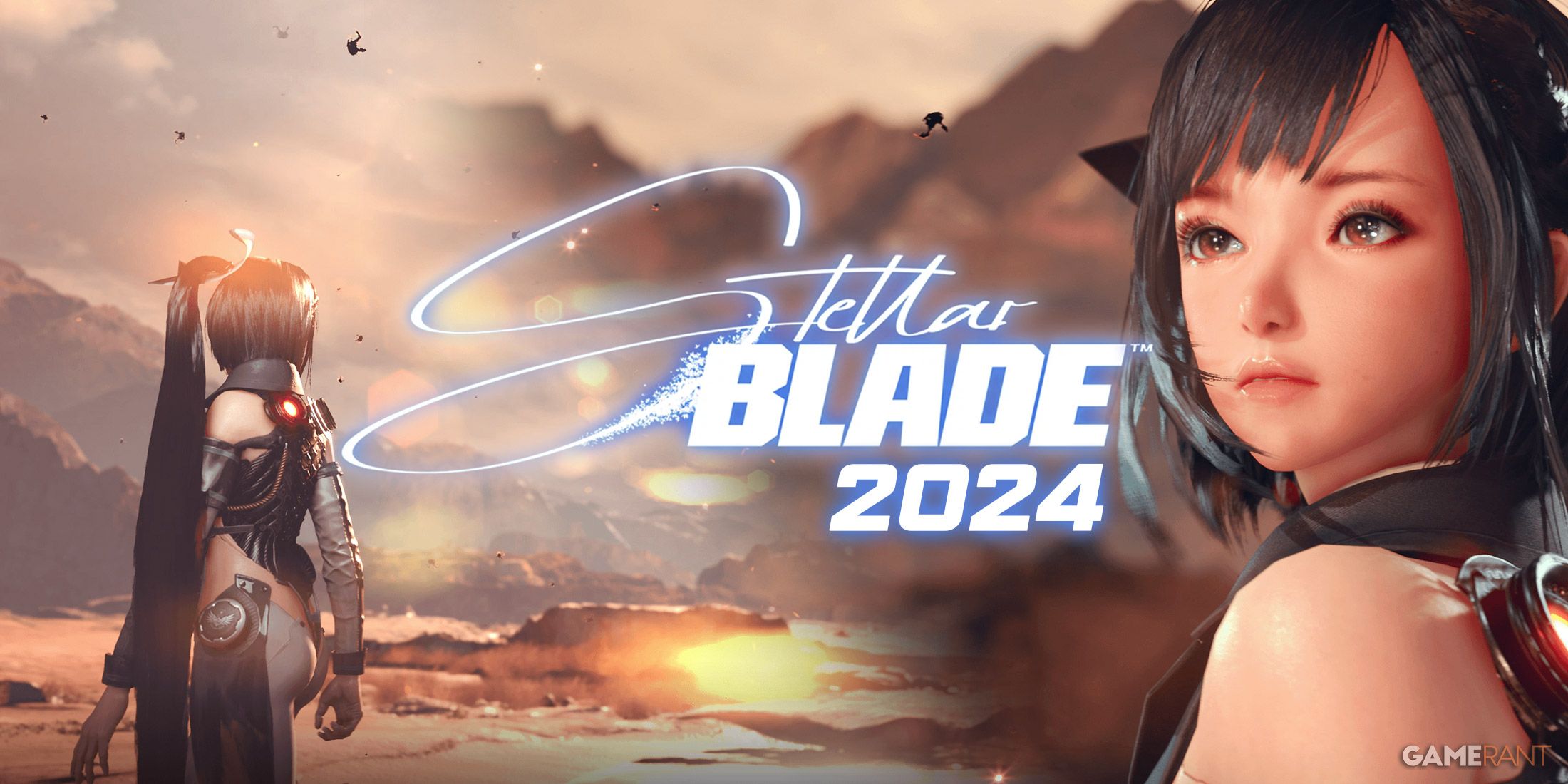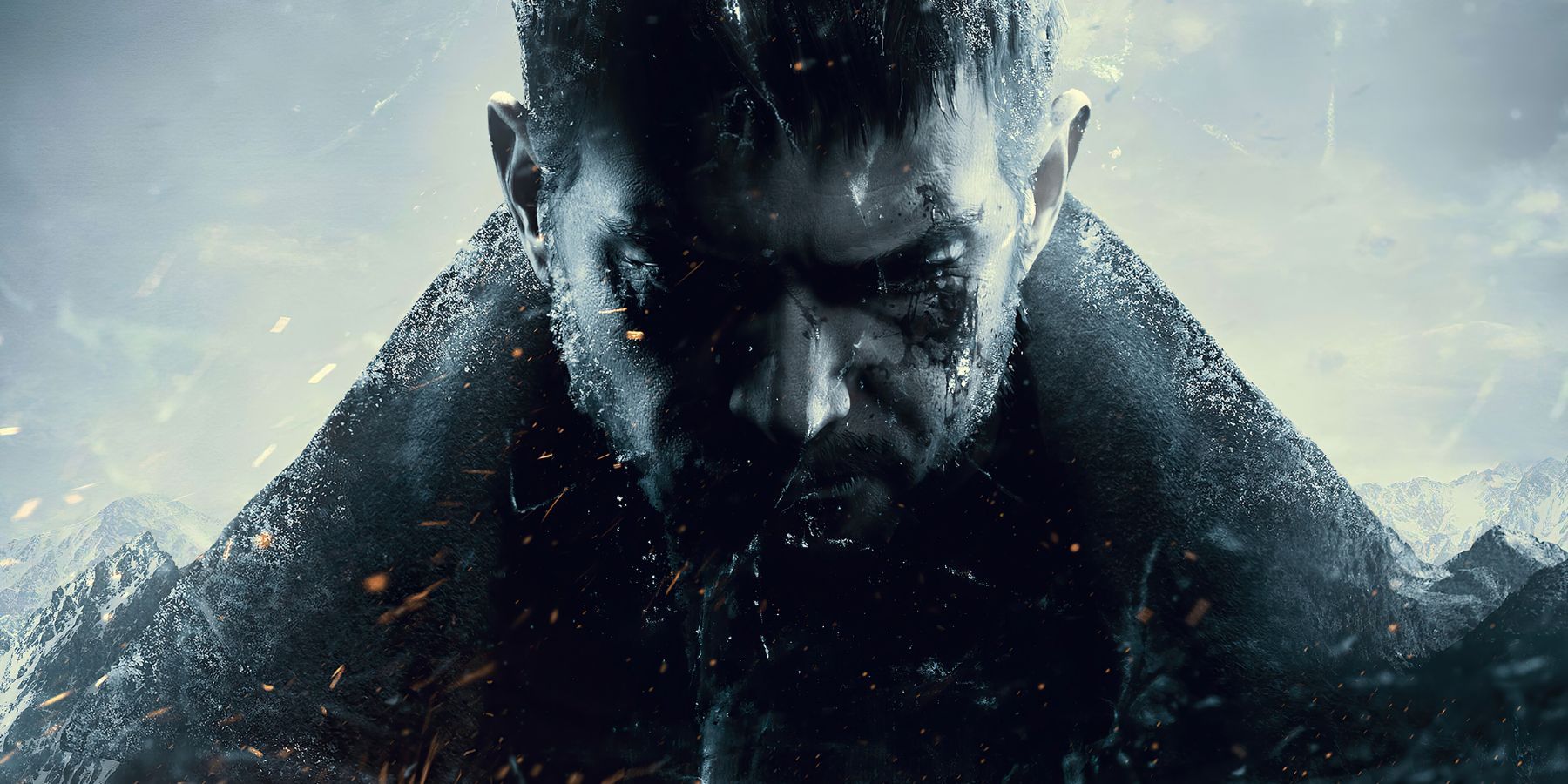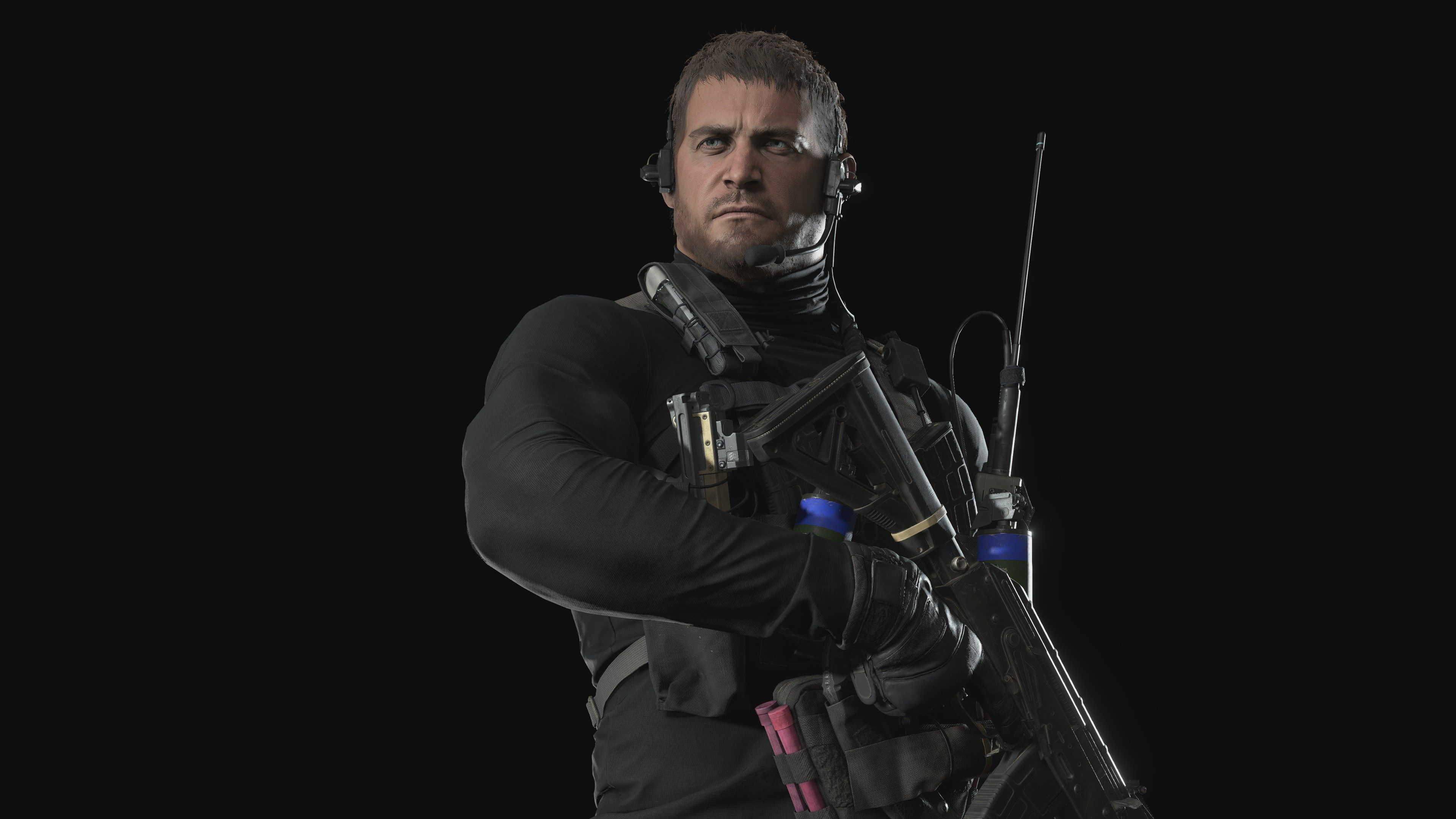Resident Evil has always had its finger on the pulse of gaming’s zeitgeist in terms of what it should orient its gameplay toward. That helped it ride a wave of popular action games at the time and return to horror with as much gumption as it did, for example, but what it offers in gameplay is always foundational at that time, too. Often playing out more like a high-stakes thriller than a dreadful horror romp, Resident Evil has also clung to its successes with the reprisal of legacy characters such as Leon Kennedy and Chris Redfield, but the series can’t rest on their shoulders alone.
Indeed, as the series continues with its mainline entries, so too will time pass. Resident Evil 9 won’t be anywhere near when its Shadows of Rose DLC is set, but any passing of time now means that its legacy characters are only getting older. It’s fully possible that these characters could still partake in high-flying spectacle action as they have in the past, but there will eventually come a time when it is less believable that they could still perform suplexes, boulder punches, and backflips. In this case, Resident Evil should make way for fresh meat.
Resident Evil Only Has So Long Before Its Legacy Characters Age into Obscurity
New protagonists are great for a number of reasons and are equally risky for how they could torch the installments they appear in. Perhaps that is why Resident Evil chose to mainly adhere to a handful of characters who it could reprise, making Chris’ cameo appearances in Resident Evil 7 and Resident Evil Village a way for Capcom to keep nostalgia front-and-center while a new face—or lack thereof—becomes the protagonist for a brief period.
But having these legacy characters around for the sole purpose of tethering new games to the established lore is unnecessary and whips a dead horse that no longer needs to stand on its hooves. The problem now is that a lot of legacy characters don’t have the closure they’ve earned from their tenure in the franchise, but having them all wade out into the sunset is rather morbid, too.
Still, Resident Evil cannot keep every legacy character around in a meaningful way, and would likely be better off if it tried to tear that band-aid and proceed onward without them as soon as possible. Protagonists don’t necessarily need to be young, and it obviously depends on the context of what is happening in the story, but gameplay can’t be reliably action-packed and rest on the laurels of a protagonist who is inching into their 50s.
The Last of Us’ Joel happened to be in his late-50s by The Last of Us Part 2 and maybe could have defended himself against a bloater or two, but that wear-and-tear on any ordinary person would be detrimental in the long run. Besides, Ethan Winters should've been solid evidence that the franchise can move ahead with as few legacy characters as possible.
Chris and other STARS or BSAA members are certainly not ordinary members of society, having been trained specifically to eliminate biohazards, and maybe that’s what Capcom will lean into with a blatant disregard for how old he and other legacy characters would need to be at this point. Plus, it’s true that he is likely more physically proficient than most other people his age.
However, as the franchise progresses it would be great to see it evolve with new characters. It may take a few more entries to fully close the book on the series' most influential characters, but either way Capcom needs to let its legacy characters have the closure they deserve before they all become too obscure to new fans or are too time-worn to continue leading the Resident Evil series as far as it intends to go.

